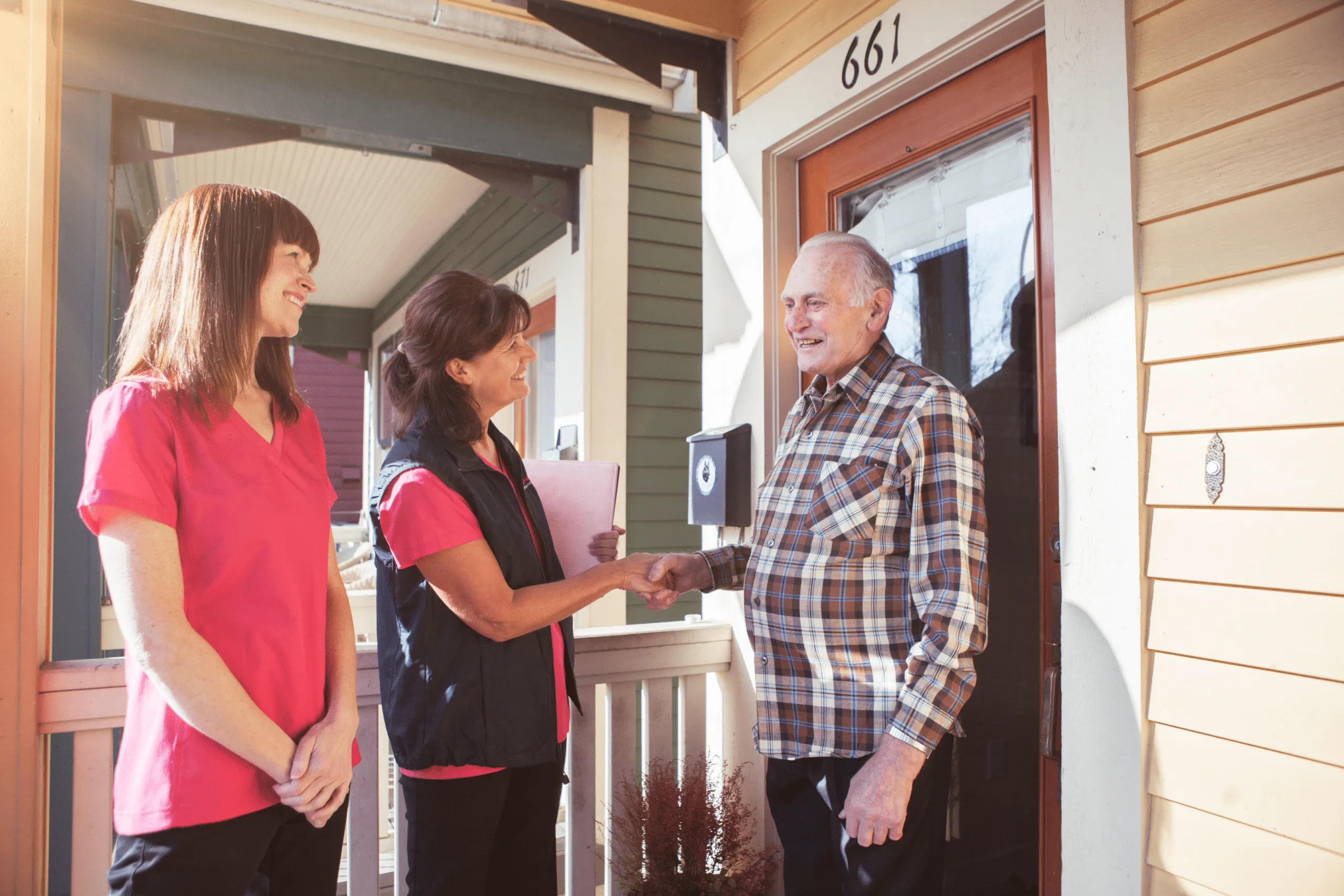Being diagnosed with cancer is a difficult and often surreal experience for patients. For those who receive a diagnosis at a late stage of life, this can completely change how they planned for the future. Many people wish to spend their retirement traveling and enjoying the world, but with a diagnosis such as cancer, all the dreams would be put on the backburner and a focus on treatment options gets brought to the forefront. Aggressive forms of cancer can take a serious toll on the physical and mental health of a patient, which is why having a solidified caregiving routine can make a positive impact on the quality of life for a senior patient. Whether you're a hired caregiver or a family member taking on this role, here are four caregiving best practices that you can implement into your daily schedule to ensure the patient is surrounded with positivity and fulfillment.
Spend Quality Time With Them
When a loved one is diagnosed with aggressive cancer, it is important to comfort them in their time of need. Some days can be better than others, but helping them maintain confidence and feel relaxed is a top priority. Nobody wants to deal with cancer alone, so make sure you are visiting frequently, or if you plan to be their primary caregiver, have them live with you. Cooking meals, watching tv, or even sitting outside are some of the little things that can boost their spirits. It is important that as a caregiver, you are also taking breaks as well. Enlisting family and friends to help with taking them to doctor appointments, grocery shopping, and other daily tasks to ensure nobody becomes burnt out can be very helpful.
Put Their Mind At Ease
Mental health is a huge factor in how someone deals with a cancer diagnosis. Aggressive cancers such as stage 4 mesothelioma often have a poor prognosis, and this can be very disheartening for many patients. When a loved one is told that treatment options are minimal, especially when the cancer has fully developed, it is vital that you do not let them suffer in silence. Talk to them about how they are feeling and be there for them when they have requests. Try to take their mind off of the situation when possible and have patience if they are not feeling upbeat on certain days. Overall, helping them live life to the fullest and keeping feelings of grief and sadness to a minimum is significant.

Discuss A Financial Plan
Being diagnosed with aggressive cancer can come with financial difficulties if the patient wishes to pursue treatment. Even if the treatment is just to improve quality of life, the medical bills that can begin to pile up are substantial. Full disclosure of costs is important when talking to doctors about available options. It is up to the patient to decide if spending the money on treatment would be more beneficial than using it for other purposes that could contribute to their overall happiness.Discussing a financial plan for caregiving is also important. Whether a loved one decides that a hospice situation would be more suitable or that they wish to be able to stay at home to receive care, both are going to come with expenses. There are programs that will pay you to be a family caregiver. These programs help with the financial shortcomings that may arise from having to put your career on hold to take care of your loved one. Explore these options, and if you are unable to devote time to being a caregiver, there are caregiver relief and respite services available as well.
Connect With Others
Your loved one isn't the only person going through this process. There are others dealing with the same diagnosis, and connecting with those living with the same disease can be very insightful. Whether it be advice on how they go about their daily routines or caregiving tips, this information can be valuable, and help keep day-to-day tasks from becoming monotonous. Also, making new friends through this process can be uplifting, and provide patients with the empathy they may be looking for. Updating new friends on treatment progressions and spending time with them can make a difference. There are advocacy groups for all types of illnesses, so reaching out to these groups for support is something to definitely look into.
Be Kind, Understanding, And Helpful To Your Loved One
Cancer is something that nobody wishes to be diagnosed with. It can be difficult for both the patient and the family to understand the diagnosis and figure out the best next steps to take. Remember, you are not alone, and there are resources available to help care for your loved one. Always be understanding of their situation and be as helpful as possible, it truly will mean the world.

























